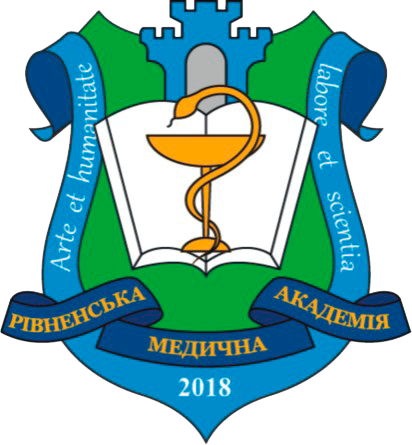АPPLICATION OF CHEMICAL DISCIPLINES FOR MONITORING AND EVALUATION OF POPULATION HEALTH
DOI:
https://doi.org/10.32782/health-2023.2.3Keywords:
chemistry, research methods, teaching methods, population morbidity, medical education, pharmaceutical education.Abstract
The article outlines the importance of monitoring the prevention and preservation of public health. Emphasis is placed on the importance of chemical disciplines for the analysis of morbidity and the causes of pathologies. Chemicals are all around us, from the air we breathe to the water we drink and the food we eat. The health of the population may be impaired due to the effects of these chemicals on the human body. One of the main methods of chemical analysis of the state of health of the population is to determine the concentrations of various chemicals in water, soil and air samples. Chemical methods are also used to analyze the health of the population by studying the composition and nutrition of food products. Emphasis is placed on the application of physicochemical methods of analysis of body fluids, which can be effectively used for the prevention of diseases, for diagnosis, and for treatment, namely chromatography, spectroscopy. One of the main research methods is biochemical blood analysis, which allows you to determine the concentration of various substances in the blood and their relationship with the state of human health. For example, determining the level of glucose in the blood in the diagnosis of diabetes, and determining the concentration of cholesterol can be an indicator of the risk of developing cardiovascular diseases. Urinalysis can provide information about the functioning of the kidneys and the degree of their damage, as well as about the presence of various infections and diseases of the urinary system. Chemical methods of research also include molecular biological methods, such as polymerase chain reaction (PCR), which allow detecting the presence of genetic diseases and making a forecast for their development. Emphasis is placed on current methods and forms of studying chemical disciplines by students, namely lectures, workshops, projects, scientific research. To study a certain chemical discipline, its content, it is necessary to choose an effective form and method so that students of education fully acquire general and special competencies and realize the implementation of the acquired skills in the future profession.
References
Барджадзе Р.В. Теоретико-методологічні засади феномену самоосвітньої діяльності в психолого-педагогічних дослідженнях. Вісник Глухівського національного педагогічного університету імені Олександра Довженка. Педагогічні науки. № 47. 2021. С. 41–47.
Білик Л.В. Ключові складники професійної компетентності медичного фахівця. Науковий часопис Національного педагогічного університету імені М. П. Драгоманова. Серія 5 : Педагогічні науки : реалії та перспективи : зб. наук. праць. Національний педагогічний університет імені М. П. Драгоманова. Київ : Видавничий дім «Гельветика», 2021. Вип. 81. С. 34–37.
Улянич О.І, Кухнюк О.В, Коцюруба В.П. Проблема забруднення важкими металами основних сільськогосподарських культур у правобережному лісостепу україни. InThe 6 th International scientific and practical conference– Eurasian scientific congress‖(June 14-16, 2020) Barca Academy Publishing, Barcelona, Spain. 2020. 612 p. 2020 Jun 14. С. 38–42.
Параска Г.Б., Прибега Д.В., Майдан П.С. Методи та засоби експериментальних досліджень : навчальний посібник. Київ, 2017. 18 с.
Сільвейстр А. Роль фізичних методів дослідження у підготовці студентів хімічних і біологічних спеціальностей педагогічних університетів. Науковi записки. Серія: Проблеми методики фізико-математичної і технологічної освіти. Випуск 8(ІІ) С. 128–134. URL: https://core.ac.uk/download/pdf/228640131.pdf (дата звернення 19.03.2023).
Снісар О.А. Застосування комп’ютерних технологій при викладанні хімічних дисциплін. Педагогіка, психологія та методика викладання: міжнародний досвід: Міжнар. наук. конф., м. Рига, Латвія, 16-17 липня 2021 р. ISMA University of Applied Sciences. Рига, 2021. С. 158–161.
Шевченко О., Ткаченко В., Ткаченко К. Комунікаційні бар’єри в екстреній дистанційній освіті. Revista Brasileira de Educação do Campo. Том 7. 2022 р. URL: https://sistemas.uft.edu.br/periodicos/index.php/campo/article/view/14210 (дата звернення: 19.03.2023).





